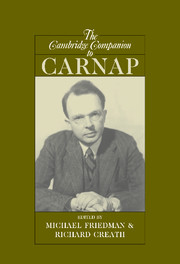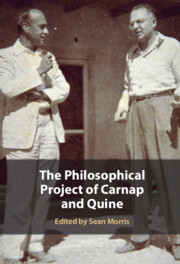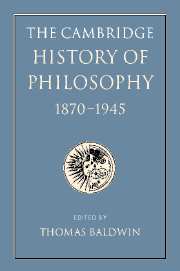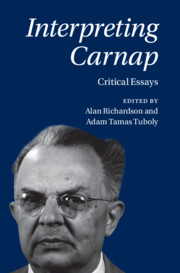Carnap and Twentieth-Century Thought
Rudolf Carnap (1891–1970) is widely regarded as one of the most important philosophers of the twentieth century. Born in Germany and later a US citizen, he was a founder of the philosophical movement known as Logical Empiricism. He was strongly influenced by a number of different philosophical traditions (including the legacies of both Kant and Husserl), and also by the German Youth Movement, the First World War (in which he was wounded and decorated), and radical socialism. This book places his central ideas in a broad cultural, political and intellectual context, showing how he synthesised many different currents of thought to achieve a philosophical perspective that remains strikingly relevant in the twenty-first century. Its rich account of a philosopher's response to his times will appeal to all who are interested in the development of philosophy in the twentieth century.
- Places Carnap's ideas within the context of major historical events and trends of the twentieth century
- Affords insight into Carnap's philosophy by drawing upon previously unpublished source material
- Taps into a growing interest in the history of analytic philosophy
Reviews & endorsements
'André Carus has provided a rich and thoroughly illuminating account of Carnap's development throughout the period, and with it a valuable corrective to the image of Carnap as a narrow, somewhat blinkered, logical technician.' British Journal for the History of Philosophy
Product details
February 2010Paperback
9780521130868
364 pages
229 × 152 × 21 mm
0.53kg
Available
Table of Contents
- Introduction
- 1. The cultural inheritance
- 2. The intellectual inheritance: positivism and Kantianism
- 3. The grand plan of a 'System of Knowledge': science and logic
- 4. Carnap's early neo-Kantianism
- 5. The impact of Russell
- 6. Rational reconstruction
- 7. The impact of Wittgenstein
- 8. The crisis of rational reconstruction
- 9. Liberation
- 10. Tolerance
- 11. The ideal of explication.







